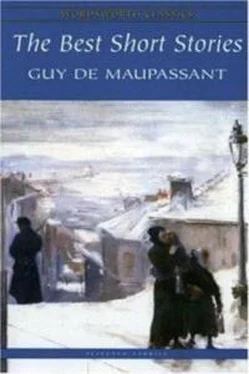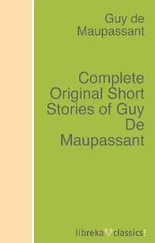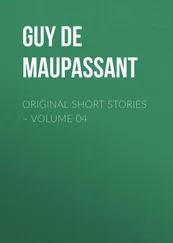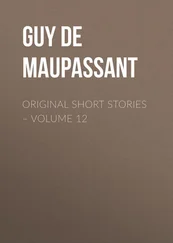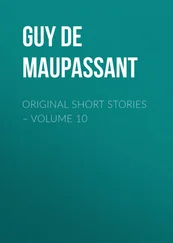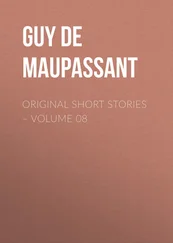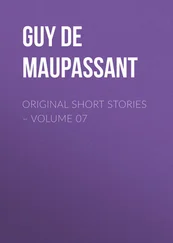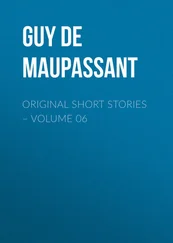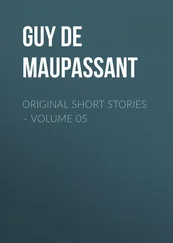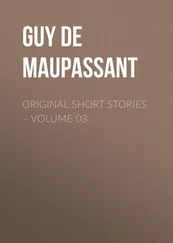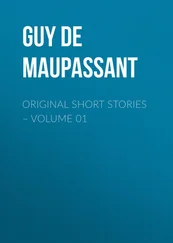"I am now going to try to analyze these feelings as clearly as possible. But the thing is not easy, so facile, so delicate, so almost imperceptible, are these sensations.
"It was when I was attacked by violent neuralgia that I made use of this remedy, which since then I have, perhaps, slightly abused.
"I had acute pains in my head and neck, and an intolerable heat of the skin, a feverish restlessness. I took up a large bottle of ether, and, lying down, I began to inhale it slowly.
"At the end of some minutes I thought I heard a vague murmur, which ere long became a sort of humming, and it seemed to me that all the interior of my body had become light, light as air, that it was dissolving into vapor.
"Then came a sort of torpor, a sleepy sensation of comfort, in spite of the pains which still continued, but which had ceased to make themselves felt. It was one of those sensations which we are willing to endure and not any of those frightful wrenches against which our tortured body protests.
"Soon the strange and delightful sense of emptiness which I felt in my chest extended to my limbs, which, in their turn, became light, as light as if the flesh and the bones had been melted and the skin only were left, the skin necessary to enable me to realize the sweetness of living, of bathing in this sensation of well–being. Then I perceived that I was no longer suffering. The pain had gone, melted away, evaporated. And I heard voices, four voices, two dialogues, without understanding what was said. At one time there were only indistinct sounds, at another time a word reached my ear. But I recognized that this was only the humming I had heard before, but emphasized. I was not asleep; I was not awake; I comprehended, I felt, I reasoned with the utmost clearness and depth, with extraordinary energy and intellectual pleasure, with a singular intoxication arising from this separation of my mental faculties.
"It was not like the dreams caused by hasheesh or the somewhat sickly visions that come from opium; it was an amazing acuteness of reasoning, a new way of seeing, judging and appreciating the things of life, and with the certainty, the absolute consciousness that this was the true way.
"And the old image of the Scriptures suddenly came back to my mind. It seemed to me that I had tasted of the Tree of Knowledge, that all the mysteries were unveiled, so much did I find myself under the sway of a new, strange and irrefutable logic. And arguments, reasonings, proofs rose up in a heap before my brain only to be immediately displaced by some stronger proof, reasoning, argument. My head had, in fact, become a battleground of ideas. I was a superior being, armed with invincible intelligence, and I experienced a huge delight at the manifestation of my power.
"It lasted a long, long time. I still kept inhaling the ether from my flagon. Suddenly I perceived that it was empty."
The four men exclaimed at the same time:
"Doctor, a prescription at once for a liter of ether!"
But the doctor, putting on his hat, replied:
"As to that, certainly not; go and let some one else poison you!"
And he left them.
Ladies and gentlemen, what is your opinion on the subject?
Simon's Papa
Noon had just struck. The school door opened and the youngsters darted out, jostling each other in their haste to get out quickly. But instead of promptly dispersing and going home to dinner as usual, they stopped a few paces off, broke up into knots, and began whispering.
The fact was that, that morning, Simon, the son of La Blanchotte, had, for the first time, attended school.
They had all of them in their families heard talk of La Blanchotte; and, although in public she was welcome enough, the mothers among themselves treated her with a somewhat disdainful compassion, which the children had imitated without in the least knowing why.
As for Simon himself, they did not know him, for he never went out, and did not run about with them in the streets of the village, or along the banks of the river. And they did not care for him; so it was with a certain delight, mingled with considerable astonishment, that they met and repeated to each other what had been said by a lad of fourteen or fifteen who appeared to know all about it, so sagaciously did he wink. "You know—Simon—well, he has no papa."
Just then La Blanchotte's son appeared in the doorway of the school.
He was seven or eight years old, rather pale, very neat, with a timid and almost awkward manner.
He was starting home to his mother's house when the groups of his schoolmates, whispering and watching him with the mischievous and heartless eyes of children bent upon playing a nasty trick, gradually closed in around him and ended by surrounding him altogether. There he stood in their midst, surprised and embarrassed, not understanding what they were going to do with him. But the lad who had brought the news, puffed up with the success he had met with already, demanded:
"What is your name, you?"
He answered: "Simon."
"Simon what?" retorted the other.
The child, altogether bewildered, repeated: "Simon."
The lad shouted at him: "One is named Simon something—that is not a name—Simon indeed."
The child, on the brink of tears, replied for the third time:
"My name is Simon."
The urchins began to laugh. The triumphant tormentor cried: "You can see plainly that he has no papa."
A deep silence ensued. The children were dumfounded by this extraordinary, impossible, monstrous thing—a boy who had not a papa; they looked upon him as a phenomenon, an unnatural being, and they felt that hitherto inexplicable contempt of their mothers for La Blanchotte growing upon them. As for Simon, he had leaned against a tree to avoid falling, and he remained as if prostrated by an irreparable disaster. He sought to explain, but could think of nothing–to say to refute this horrible charge that he had no papa. At last he shouted at them quite recklessly: "Yes, I have one."
"Where is he?" demanded the boy.
Simon was silent, he did not know. The children roared, tremendously excited; and those country boys, little more than animals, experienced that cruel craving which prompts the fowls of a farmyard to destroy one of their number as soon as it is wounded. Simon suddenly espied a little neighbor, the son of a widow, whom he had seen, as he himself was to be seen, always alone with his mother.
"And no more have you," he said; "no more have you a papa."
"Yes," replied the other, "I have one."
"Where is he?" rejoined Simon.
"He is dead," declared the brat, with superb dignity; "he is in the cemetery, is my papa."
A murmur of approval rose among the little wretches as if this fact of possessing a papa dead in a cemetery had caused their comrade to grow big enough to crush the other one who had no papa at all. And these boys, whose fathers were for the most part bad men, drunkards, thieves, and who beat their wives, jostled each other to press closer and closer, as though they, the legitimate ones, would smother by their pressure one who was illegitimate.
The boy who chanced to be next Simon suddenly put his tongue out at him with a mocking air and shouted at him:
"No papa! No papa!"
Simon seized him by the hair with both hands and set to work to disable his legs with kicks, while he bit his cheek ferociously. A tremendous struggle ensued between the two combatants, and Simon found himself beaten, torn, bruised, rolled on the ground in the midst of the ring of applauding schoolboys. As he arose, mechanically brushing with his hand his little blouse all covered with dust, some one shouted at him:
"Go and tell your papa."
Then he felt a great sinking at his heart. They were stronger than he was, they had beaten him, and he had no answer to give them, for he knew well that it was true that he had no papa. Full of pride, he attempted for some moments to struggle against the tears which were choking him. He had a feeling of suffocation, and then without any sound he commenced to weep, with great shaking sobs. A ferocious joy broke out among his enemies, and, with one accord, just like savages in their fearful festivals, they took each other by the hand and danced round him in a circle, repeating as a refrain:
Читать дальше
